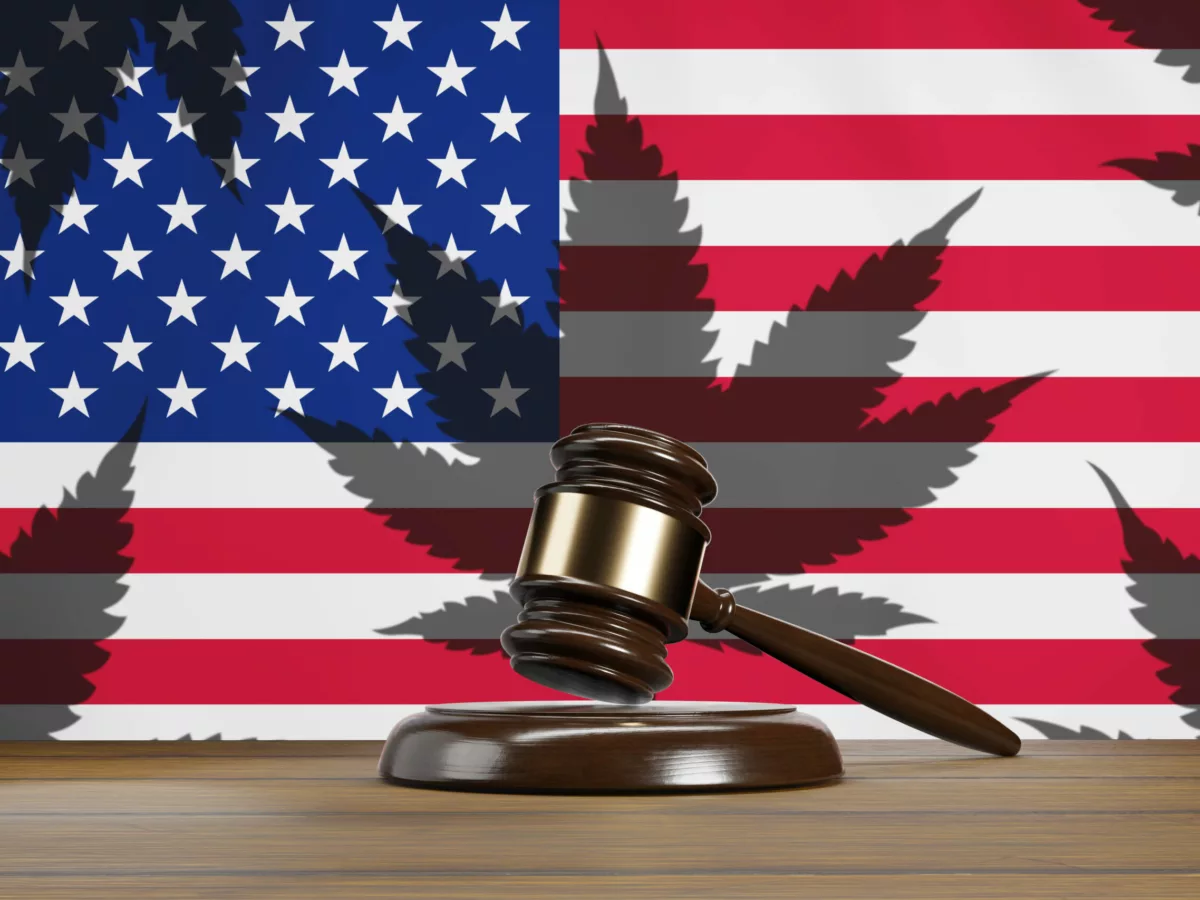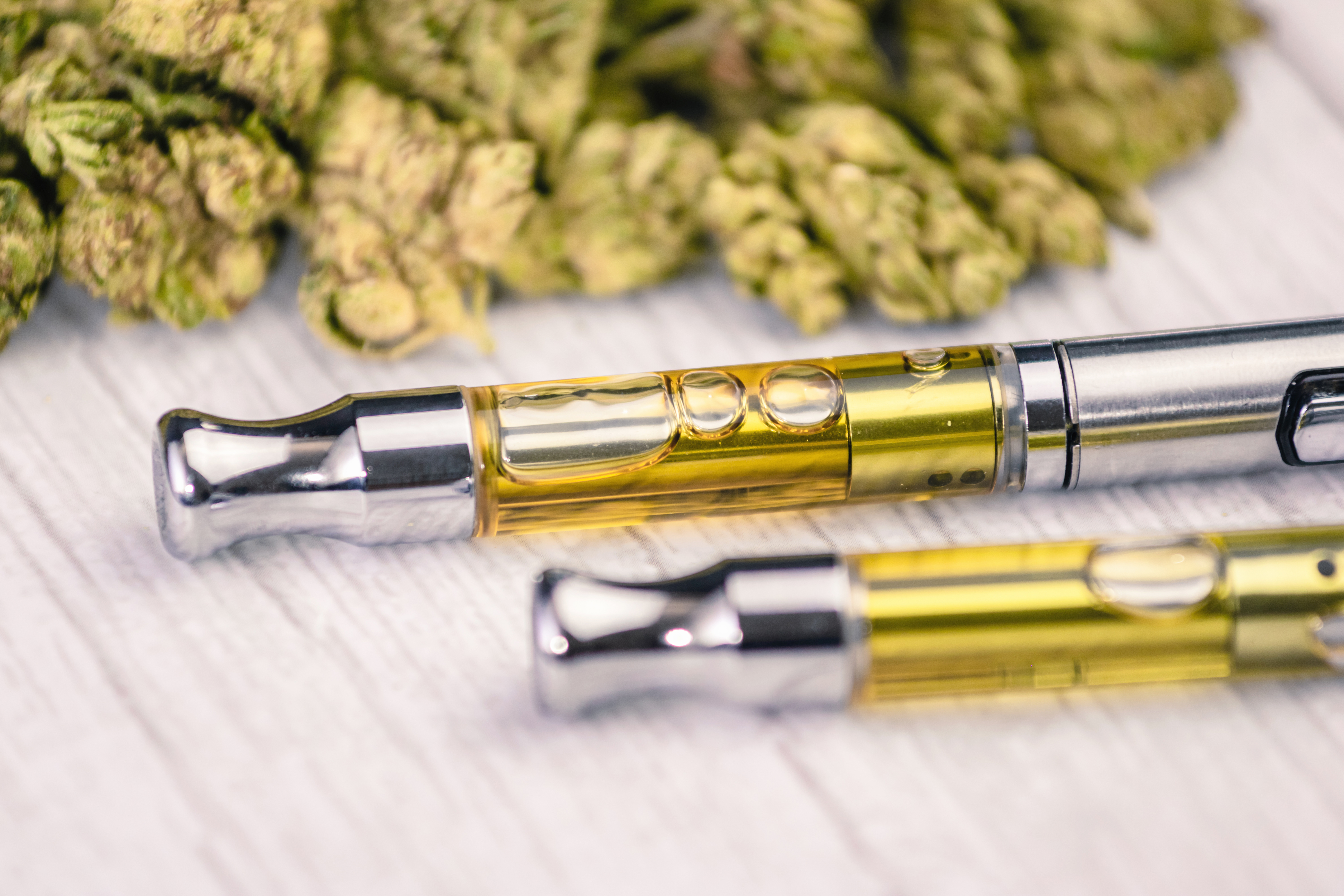Last month, in preparation for the Maryland Medical Cannabis Commission’s Policy Committee meeting on May 27, the MMCC introduced the regulatory proposals it would consider and asked for public comment.
Those proposals are described in detail here, but more briefly they were: adjustments to the regulations regarding ancillary businesses to cannabis such as security; creating more obstacles for what the MMCC called “undue influence” when it comes to compensation between providers and growers, processors, and dispensaries; updates to the regulations to account for the approval of expanding who can be a medical caregiver to minors (due to House Bill 378/Senate Bill 304 and House Bill 617/Senate Bill 604—often known as “Connor’s Courage” passing); reducing some of the paperwork related to what the MMCC called “the regulatory burden on medical cannabis licensees”; and expanding the definition of a “qualifying patient” so that out-of-state patients could receive medicinal cannabis.
The MMCC also unveiled a symbol—which you see at the top of this post—that will be put on products that contain THC to indicate they contain THC and reflects a “caution” symbol to make sure people understand it contains THC. The MMCC had to create its own symbol because if they used a symbol used by other states, they would have to entirely model their laws on that state’s laws.
The biggest news out of the meeting had to do with the out-of-state patient issue. In the end, the MMCC decided they would simply not act on adjusting the current policy. That current policy is that an out-of-state patient can only use medicinal cannabis while they are receiving inpatient care. It is an attempt to prevent the patient from taking medicinal cannabis across state lines.
MMCC Executive Director William Tilburg discussed the reasons for wanting to change how out-of-state patients are handled and how complicated that is for the commission.
“The commissioners have expressed interest in allowing individuals who are here in state of Maryland facilities to access medical cannabis,” Tilburg said. “The initial thought was to enable people like cancer patients at Johns Hopkins to also benefit from medical cannabis.”
Cannabis is illegal on a federal level and the federal government continues to enforce provisions regarding cannabis in a rather random and chaotic way, which makes it hard for states that have medicinal cannabis or recreational cannabis to locate a sustainable and successful way to respond.
“For example, last week a government agency pulled a $4 million grant from Maine due to its medical marijuana laws,” Tilburg said. “One of the federal priorities that was initially mentioned in the Cole Memo was that the Fed would get involved if states were permitting interstate commerce of cannabis. And so, if we allow people from Delaware, Pennsylvania, or DC to come into our state and get cannabis, this potentially poses issues with the federal guidance.”
Tilburg went on to explain that some comments the Policy Committee received noted “reciprocity” between states with medicinal cannabis that proves more complicated than many suggested. It is not simple to confirm a patient in another state is able to receive medicinal cannabis because each state has its own system and states that have figured out reciprocity did this not through a commission but through the state legislature.
“If our General Assembly feels comfortable with allowing out-of-state patients to come to Maryland for treatment or to allow reciprocity, they should be the ones to do that,” Tilburg said. “The state of the law in the country does not allow us to feel comfortable to allow out-of-state patients writ large.”
As a result, it was agreed that the MMCC would table this concern and not hold a vote on it. Most of the other regulatory proposals went along with far less concern and discussion because they are fairly self-evident—for example, the additional caregiver regulations are tied to legislation that passed.
The other most in-depth discussion had to do with the MMCC’s concerns about “undue influence.” In short, a registered medical provider in Maryland cannot be paid by “certain entities” tied to any Maryland growers, processors, or dispensaries without the knowledge of and approval of the MMCC and vice versa—a grower, processor, or dispensary cannot be paid by a provider without the knowledge of and approval of the MMCC.
The issue became how the MMCC, which is aggressively cannabis business-friendly, will weigh in on these concerns about influence especially when it comes to approving them. Understandably, there are almost infinite scenarios—not to mention the shadow of the Cheryl Glenn scandal—and so, the MMCC agreed to develop a workgroup to locate best practices on the issue.
The MMCC’s full commission meeting is scheduled for June 11 at 2 p.m. and will be the commission’s first meeting since April.
Image incorporating MMCC THC warning by Kathy Wyche






